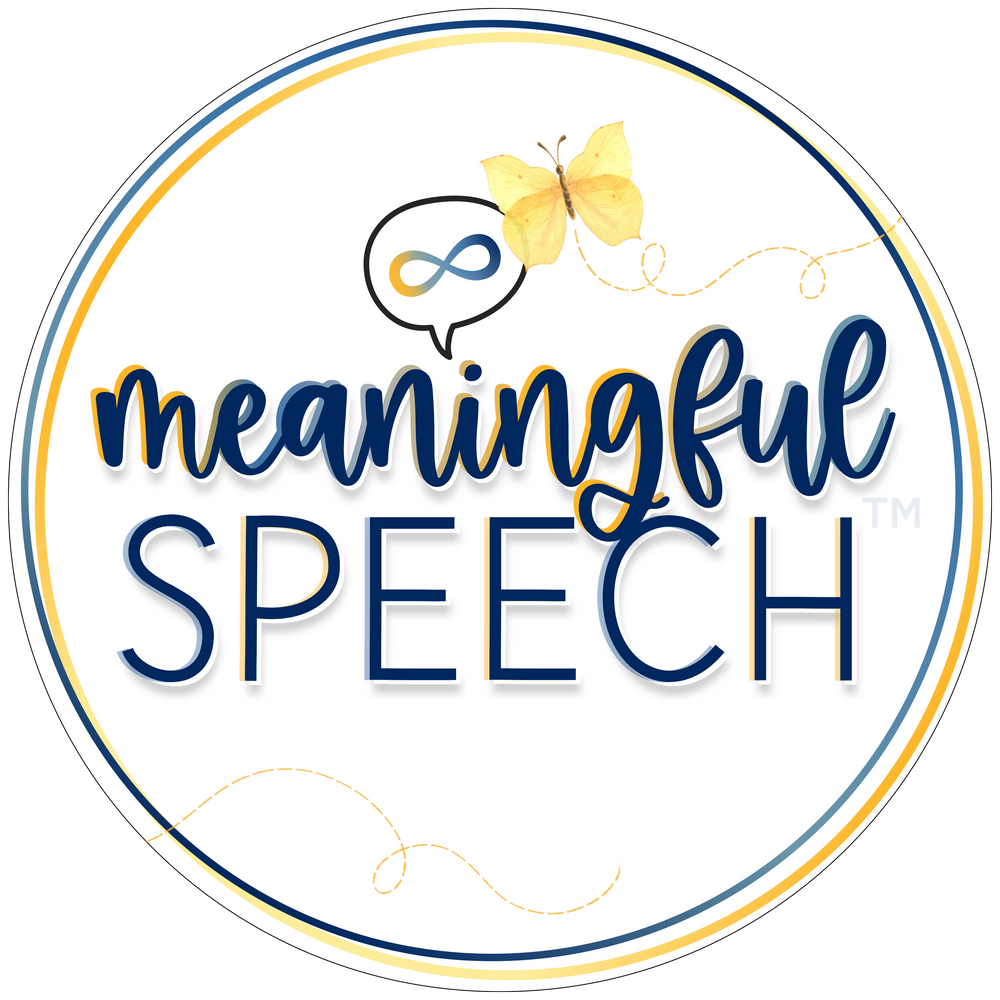Motor Planning and Gestalt Language Processors
Dec 28, 2022
Speech Language Pathologist, Gail Richard states in The Source for Autism published by LinguiSystems: “40% of autistic kids who have been considered "non-verbal" (we use the term non-speaking) are the kids who are severely challenged with motor planning” (Richard, 1997).
Considering motor planning difficulties when working with gestalt language processors
Some gestalt language processors are unintelligible or their gestalts sound like jargon because they have not motorically “caught up.” Their scripts are too long and they are too young to clearly articulate all of it. However, some children may be experiencing difficulties with motor planning. Speech-language pathologists are familiar with the idea of “apraxia”. This is when a child has difficulty planning, sequencing, and executing purposeful motor movements with their jaw, lips and tongue. Praxis isn’t a concept that we apply only to speech motor movements. A more global term would be “dyspraxia.” Which is difficulty in muscle control which impacts movement and coordination. Just like apraxia, all of these things become more difficult as children try. Children with dyspraxia may have difficulties with:
- Facial expressions (may appear as disinterested)
- Coordinating movements to play (may appear as if they have limited play interests or have been labeled as “rigid”)
- Performing activities of daily living (may have been labeled as "unmotivated")
- Following directions (may have been labeled as “noncompliant”)
- Starting or ending motor movements (may be unreliably, minimally, or non-speaking)
So what can speech-language pathologists do?
When speech-language pathologists are discussing volitional movements of articulators and motor planning difficulties, it’s important to consider that gross motor develops before fine motor and that speech is a fine motor movement. Always refer clients to an occupational therapist that are struggling to initiate and/or sequence speech production. Occupational therapists understand that the sensory system needs to be working well in order to develop body schema, sensorimotor skills, and for children to be successful in praxis. We should also look at a child’s motor planning from a whole body perspective and consider that a child may be experiencing dyspraxia if they have limited interests, are unreliably, minimally or non-speaking and/or appear disinterested or unmotivated.
Interested in learning more about how you can support gestalt language processing who are experiencing dyspraxia?
1. Speech-language pathologist and Meaningful Speech team member Katie Arnold created a bonus module on Motor Planning and gestalt language processing for the Meaningful Speech course. This topic is covered in-depth and discusses the clinical and at-home implications and offers suggestions.
2. Read Marge Blanc's articles, When Speech Gets Stuck & Finding the Words: When It’s Hard to Find Your Voice.
3. Look for a speech-language pathologist (SLP) who "gets it" and can help you in supporting your child's language development. Check out our registry. for SLPs who understand gestalt language processing and child-led therapy.
